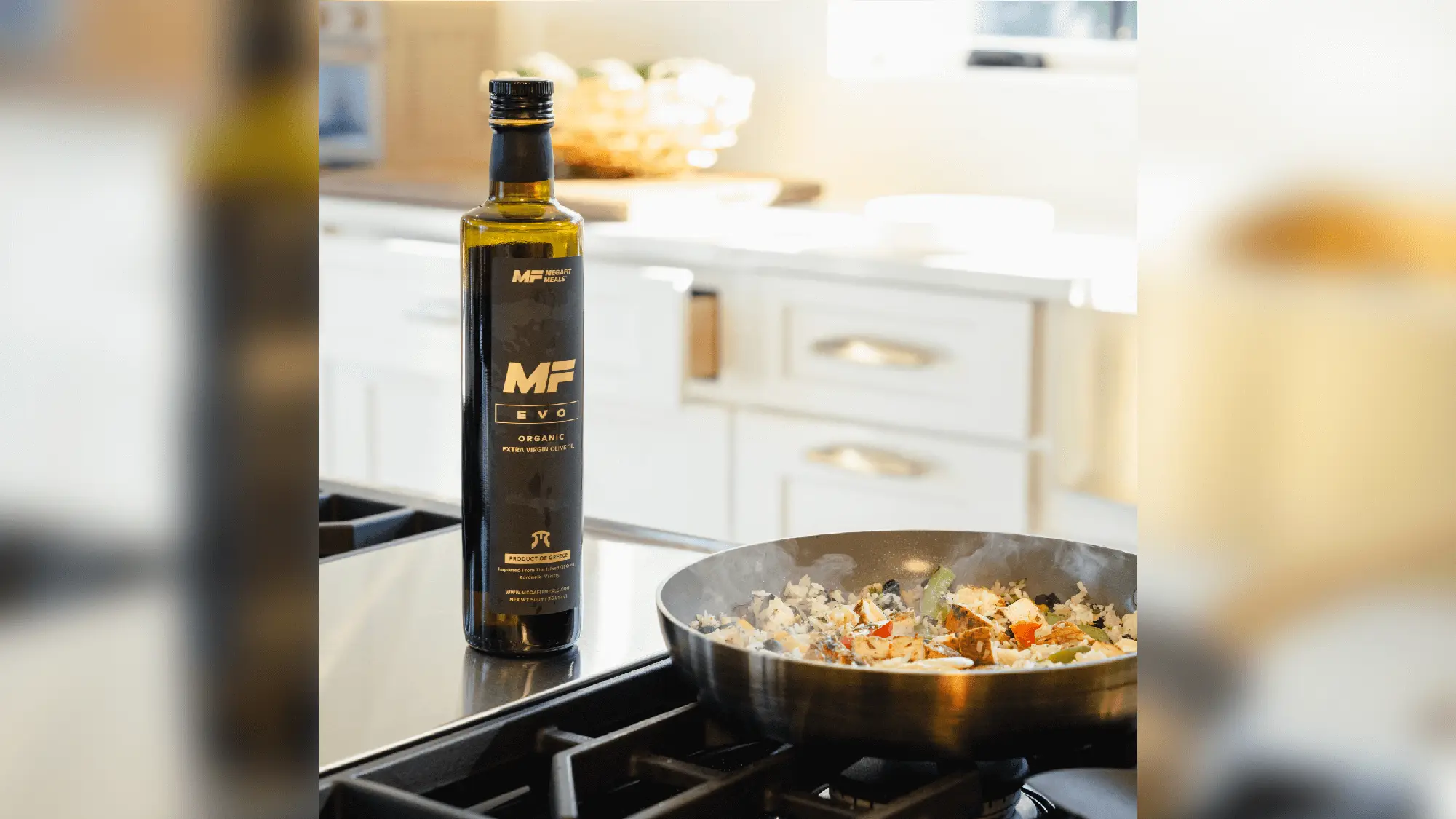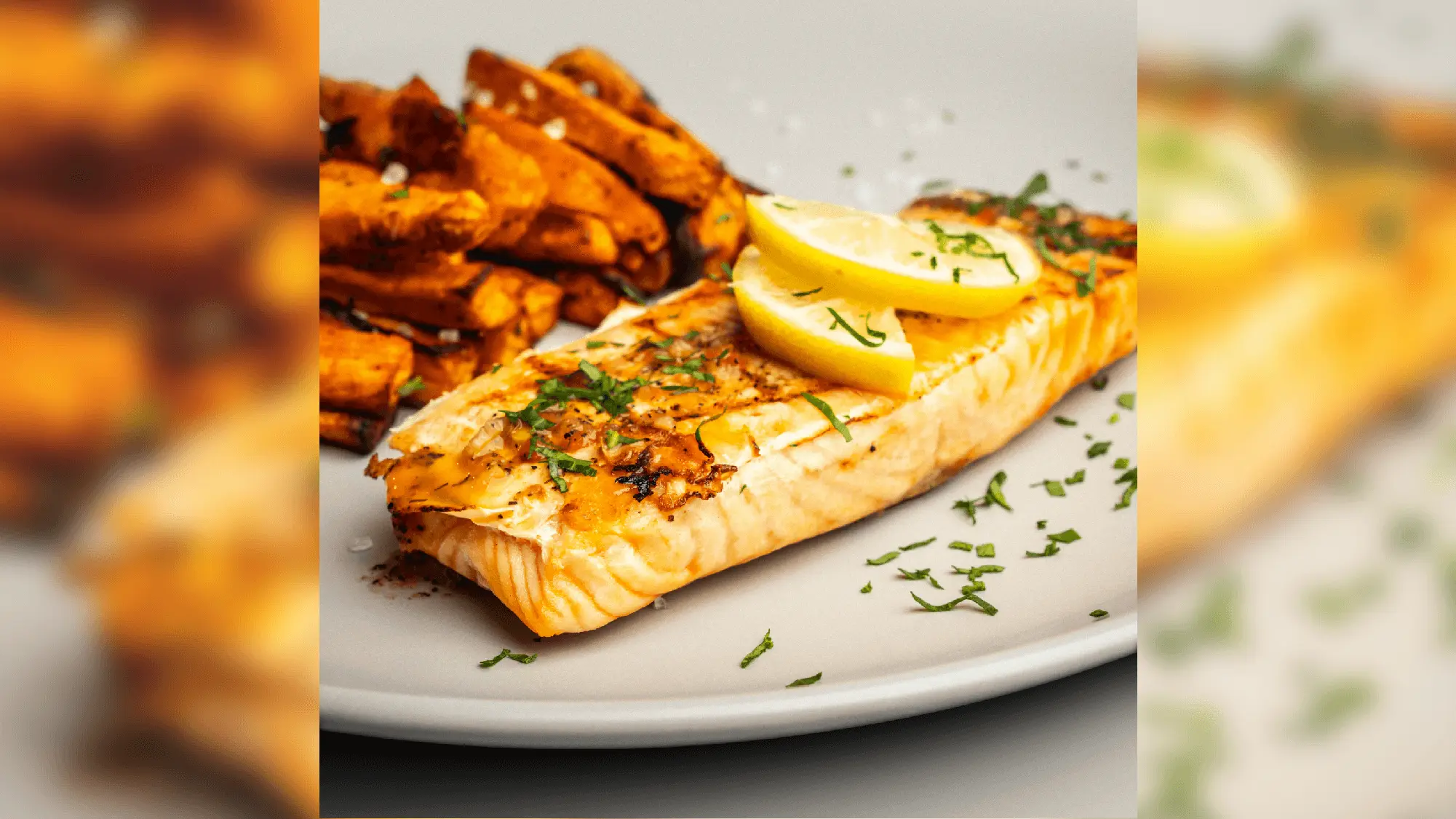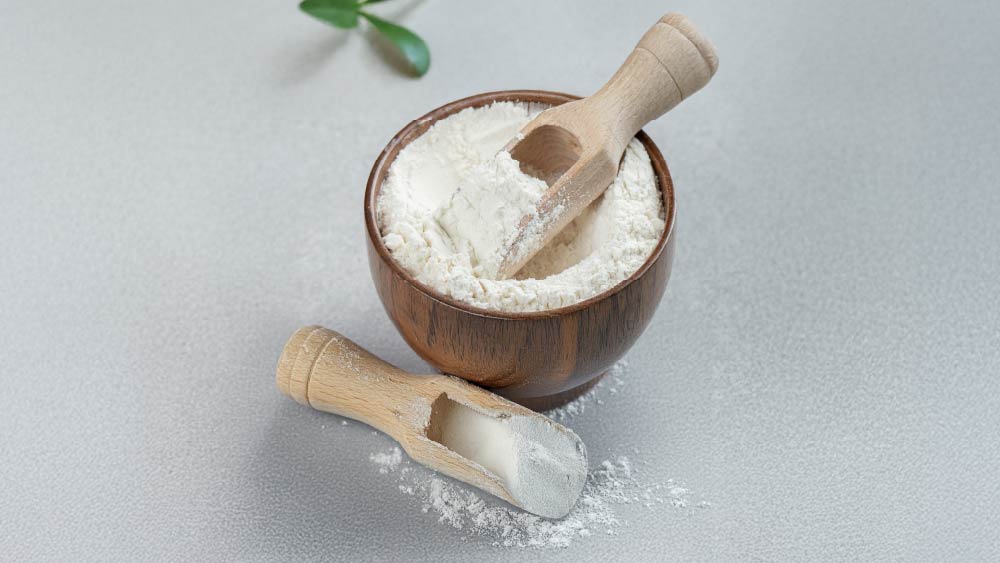“Fresh, never frozen.” You’ve probably heard this slogan numerous times.
It implies that fresh food that’s never been frozen is always better, that by freezing anything you eat, you ruin it in some way.
But is that freezingreally true? Honestly, it used to be. However, like most things in life, trying to paint with a broad brush often means misunderstanding things, and frozen food can certainly be one of them.
Fresh vs. Frozen
Here’s a question: What is “fresh” food?
Well, usually, “fresh” implies a food has never been processed in any way, including canning, freezing, or thermal processing. You know, what we see in the grocery store’s produce section.
However, it turns out that even food we think is fresh has probably been exposed to some processing, usually in the form of waxes that make fruits and vegetables shiny and less prone to decay.
Suddenly, fresh food doesn’t seem so fresh anymore, huh?
Meanwhile, frozen foods are, well, frozen. Shelves upon shelves of frozen peas, corn, and fruit mixes sit in bags in the frozen foods aisle. And let’s be honest, it’s certainly a different experience from picking up a shiny green apple or a freshly-misted bunch of carrots. Yet, what the frozen foods lack in eye appeal, they make up for in retaining vitamins, minerals, and protein content just as well as fresh food.
Fruits and Vegetables
Despite their bad rap, frozen food, especially frozen fruits and vegetables, can actually be more nutritious than fresh produce.
Most fresh produce is picked before it’s ripe. That way, it can fully ripen throughout the transportation process and get to the grocery store ready to be bought.
On paper, this sounds good. However, pulling produce off the vine before it’s fully ripe doesn’t allow vitamins, minerals, and antioxidants to fully develop. With the price of fruits and vegetables rising, buying fresh produce means you’re paying more for less-nutritious food.
Meanwhile, frozen produce is usually frozen when at its peak condition, so they don’t lose any nutritional content.
But the biggest selling point is probably not worrying about your produce going bad in your fridge. Freezing food actually slows down the enzymes that cause chemical reactions before and after harvest. Basically, freezing produce slows down its ability to ripen or become overripe, which keeps it in its best, most delicious condition.
Meat, Poultry, and Fish
Unfortunately, ice isn’t a be-all-end-all solution for all food, and there is a nutritional difference between fresh and frozen meats.
Fresh meats come directly from a butcher and are not processed in any way. That allows them to have the highest nutrition content and the best flavor. That’s not always the case when frozen. That said, fresh meat can still retain its nutritional quality and taste if you blast freeze it. You know, if you have a blast freezer at your disposal.
That doesn’t mean having steaks in the freezer means giving up on good meat. Some cuts fare better when frozen and still taste great.
Duck, beef mince, brisket, pork, and lamb freeze well without sacrificing taste and nutritional value. Some cuts of steak can also freeze well, but the water molecules can affect the taste, so it’s better when fresh.
Taking everything into account, don’t underestimate frozen foods. The freezer is a great asset when it comes to preserving nutrients and the shelf-life of healthy foods.






